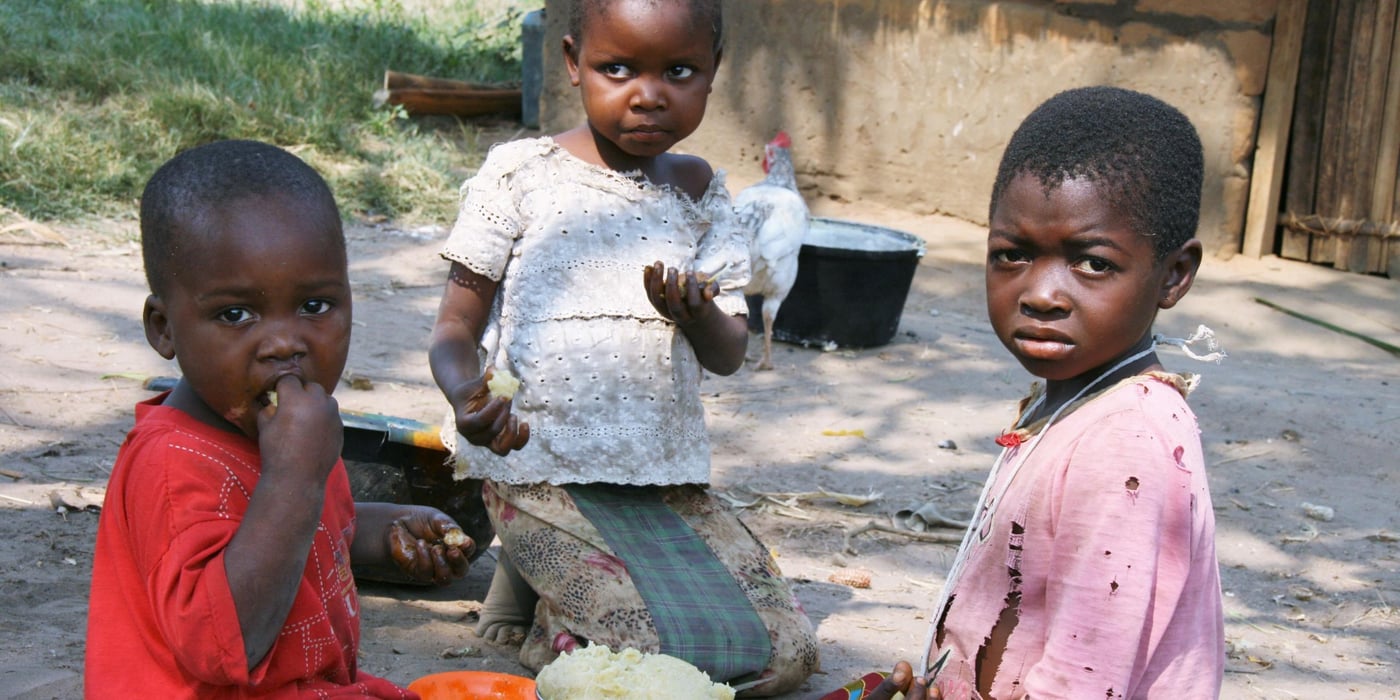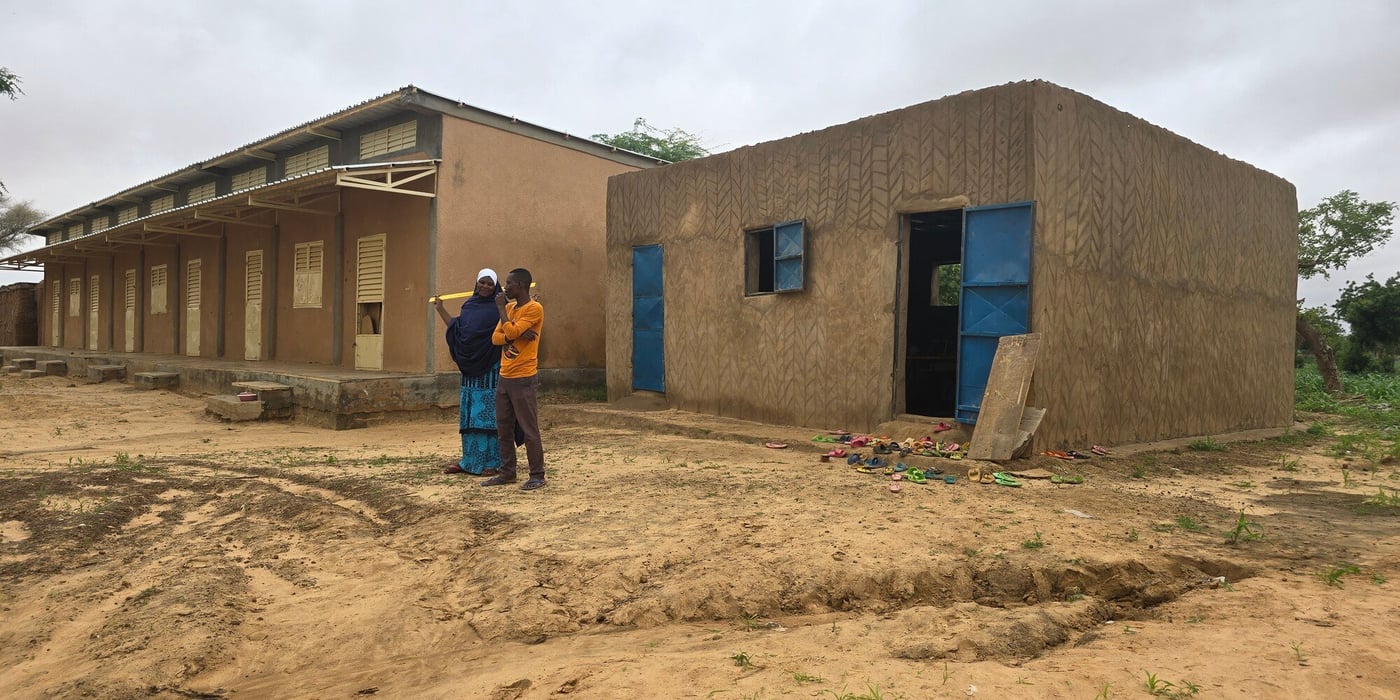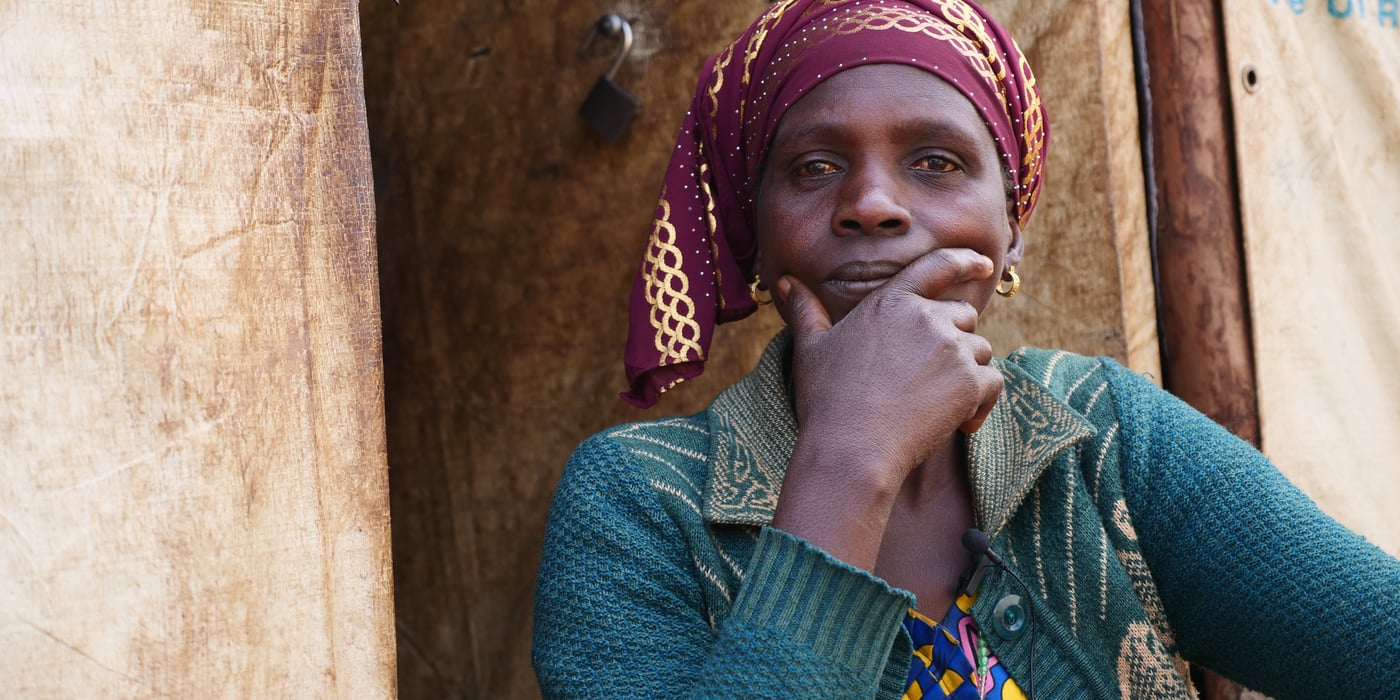
“We are witnessing emergency levels of hunger and malnutrition in every town and village where we respond,” said Ulrika Blom, Country Director for NRC in DR Congo. “The new figures on food insecurity in DR Congo are incredibly alarming.”
A new report by the World Food Programme, the Food and Agriculture Organisation and DR Congo's Ministry of Agriculture preliminary findings indicate that hunger has more than doubled across the country since this time last year. At least 15 million people - nearly one fifth of the population - are at severe to emergency levels of food insecurity.
The deteriorating hunger situation is concentrated in the ten provinces most adversely affected by violence. Conflict-related displacement is cited as the reason people are unable to access food. The intensified conflict across Congo’s eastern provinces paints a bleak future for civilians.
“In towns like Beni we know of hundreds of farmers who are too paralysed by fear of being killed by armed groups that they refuse to go to their fields to cultivate,” said Blom. “The violence in many areas is having a ripple effect on local economies, and causing people to resort to increasingly desperate coping mechanisms to feed themselves and their children.”
“We have witnessed people eating the raw seeds they receive for planting in an attempt to satisfy their hunger. Parents are going without food so that they can use the meagre portions they find to feed their children,” she added.
There have also been reports of women and girls in North Kivu going into prostitution to make money to buy food, as well as some men and boys joining armed groups just to receive regular meals. Some parents in South Kivu’s Fizi territory have taken their underage children out of school to send them to work in minefields so that money can be earned to feed the family.
Food production in DR Congo has fallen fast over the last 12 months. Staple foods like maize, cassava and rice have seen an average decline of 39 per cent in production levels compared to the previous season. Even major towns such as Beni that were previously food secure, are showing signs of moderate to severe levels of hunger.
The international community has showed its ability to quickly scale up their support in response to the Ebola crisis in DR Congo. Still, only 27 per cent of the funds requested to meet the humanitarian needs in DR Congo for 2018 has been received. Donor countries must scale up support for food, nutrition education and sanitation projects, areas that are essential for people’s survival.
“We must not lose sight of the forest for the trees. A scale up in international action is needed now. Without food, people will die,” warned Blom.



